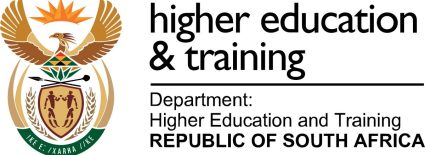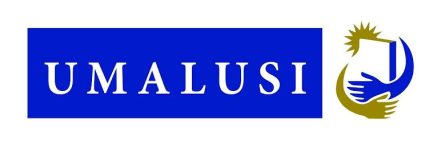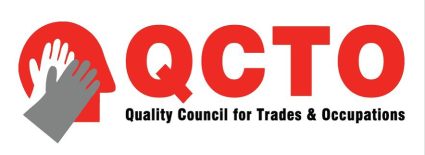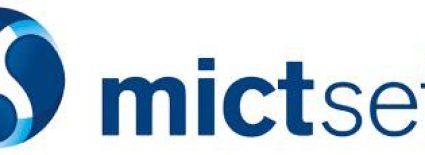Become a Certified Software Developer
Occupational Certificate: Software Developer (NQF Level 5) – SAQA ID 118707 minimum credits Credit 220
About the Qualification
Unlock your future in the tech industry with the National Certificate: Software Developer (NQF Level 5), SAQA ID 118707. This nationally recognised qualification is accredited by the Quality Council for Trades and Occupations (QCTO), ensuring you receive reputable and industry-relevant training.
Why Choose This Course?
- Develop practical skills for high-demand software development roles.
- Gain theoretical and hands-on experience with the latest technologies.
- Boost your employability with an accredited national certificate.
- Learn from experienced industry professionals and educators.
Programme Overview
- Qualification: Occupational Certificate Software Developer (NQF Level 5)
- SAQA ID: 118707
- Minimum Credits: 220
- Duration: 18 months
- Mode of Study: Full-time, Part-time, Distance Learning or online
Duration:
18 Months
How to Apply
- Visit our website and complete the online application form
- Submit required documents (ID, academic records, etc.)
- Await confirmation and further instructions from our admissions team
Career Opportunities and Earning Potential
Graduates of the National Certificate: Software Developer (NQF Level 5) can pursue various roles such as junior software developer, web developer, application support specialist, and more. The South African tech industry is booming, with a strong demand for skilled developers.
Salary Range: Entry-level software developers with this qualification typically earn between R10,000 and R20,000 per month in South Africa, depending on location, employer, and experience. With further experience and expertise, salaries can increase significantly as you advance in your career.
Programme Highlights
- Nationally recognised and QCTO accredited
- Comprehensive curriculum covering coding, databases, web, and software engineering fundamentals
- Practical projects and industry-related assignments
- Supportive learning environment with mentorship opportunities
Enrol Today!
Take the first step towards a rewarding career in software development. Apply now for the National Certificate: Software Developer (NQF Level 5) and build your future as a tech professional.
2025/2026 FEES STRUCTURE
| Registration fee | 600 |
| Admission fee Include modules for the first Tri-mister, T-Shirt and Student card | 2400 |
| Monthly Instalment R1500 x 15 months Includes modules for the second and third trimester | R22500 |
| Once off practical fee R2000 (Include a Practical Training Kit) Payable before workplace Training Commences | |
| Total Fees | 27500 |
| Cash Fee | 24750 |
N.B Please note that a registration and admission fee is non-refundable
Training consists of the following Modules.
12 Knowledge Modules KM-01 to KM-12
Total number of credits for Practical Skill Modules: 66
14 Practical Skill Modules PM-01 to PM-14
Total number of credits for Practical Skill Modules: 89
4 Work Experience Modules WE-01 to WE-04
Training Takes place at a workplace
Total number of credits for Practical Skill Modules: 65
ASSESSMENT CONSISTST OF
Internal assessment
Summative Assessment (EISA)
ORIENTATION AND COMMENCENT OF CLASSES.
This will take place during the first week of February
For more information you can visit our website: www.damtraining.com
There is a list of consultants ready to assist you








